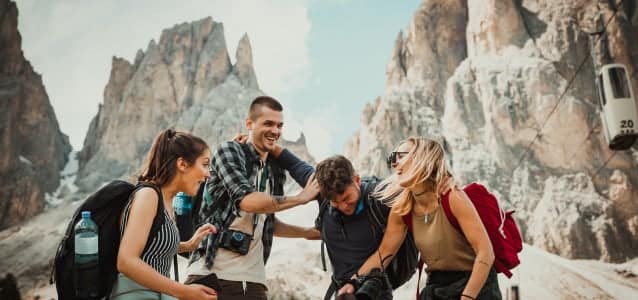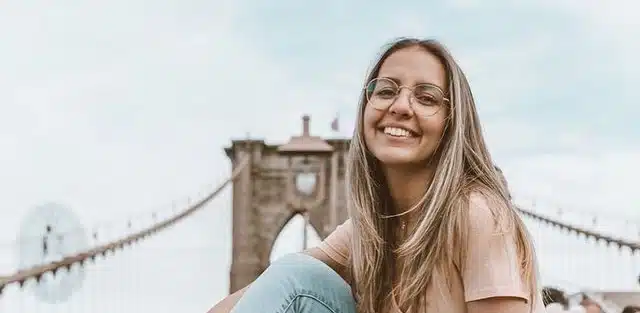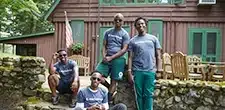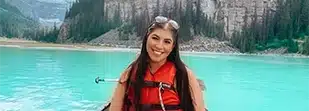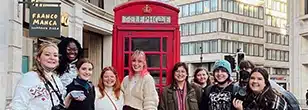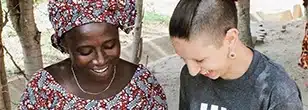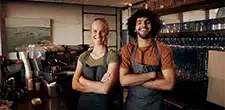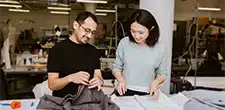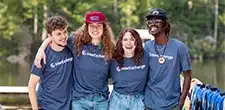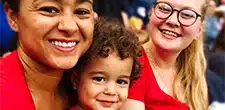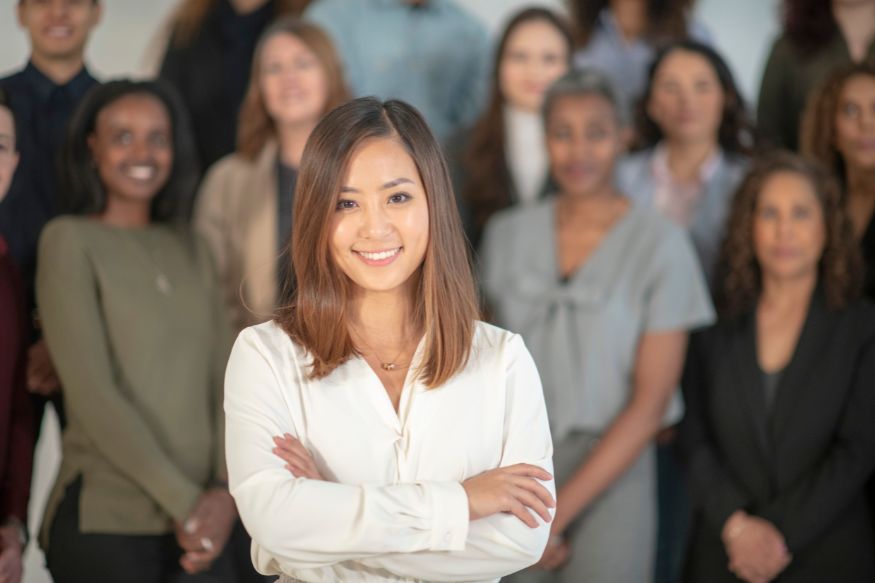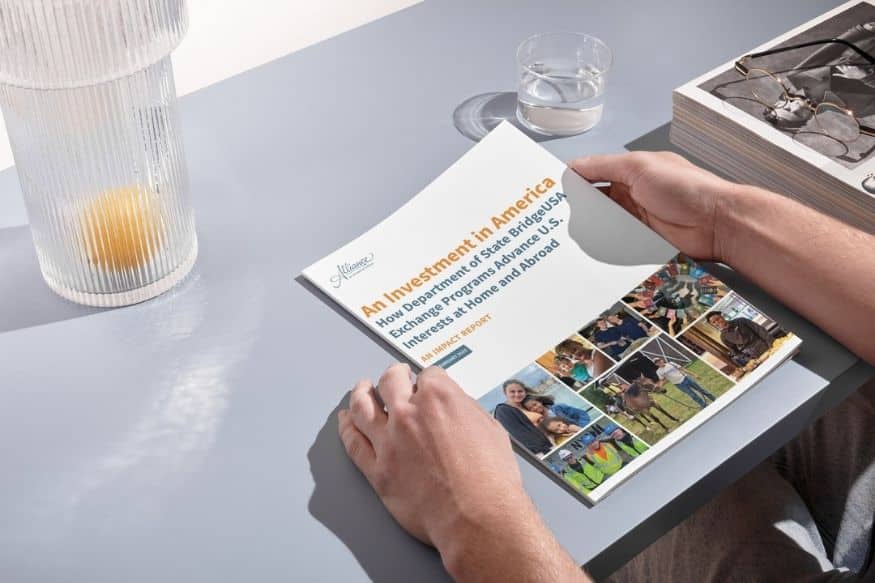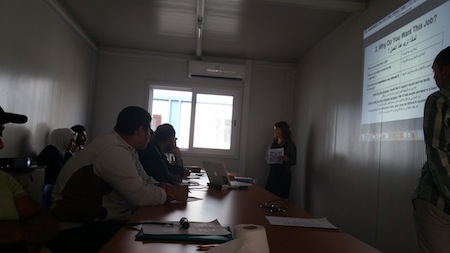
Hi, everyone!
It’s been a while since my last post – I’ve been so busy here, so I’ll take a minute to fill you in what’s been going on!
I am wrapping up my seven-week Asylum-Seeker Integration project at Kofinou Reception Centre this week. I have been working hard each week to develop a curriculum for various topics. With my translators and teachers, I have taught about Legal and Social Assistance, Financial Planning, Health and Hygiene, Job Searches, Interviews, Body Language and Volunteering Opportunities. We have reviewed how to find an apartment, how to get a driver’s license and how to navigate public transportation in the city. These skills and many others are designed to prepare them for life after Kofinou, for which they are unprepared by other governmental or non-governmental organizations. My students came to class prepared each day to learn and ask questions. I have assisted with the questions they have about legal or social issues by bringing their questions to lawyers and social workers and returning to them with a clear answer. I have learned to communicate more clearly with speakers of other languages, and I have started learning Arabic again!
A few weeks ago, the Syrian/Palestinian communities hosted a fundraiser at the church where ~40 of them are now living without the intention of applying for asylum. They made Syrian food for everyone and donations were welcome. They made a few thousand euros to help afford their living expenses while they try to find a way out. It was amazing to see the community play music and enjoy the night, since all we ever see is the stress and daily struggles. You forget that they also want the simple things in life, like to just be with friends and family and relax. They presented a slideshow and video of some footage taken on the boat and during the rescue. It was emotional for all of them. It was heartbreaking to see the men, women and children being transferred to the rescue boat without any belongings. They all had spent their life savings or sold their homes to pay for the trip that ended in country they had never even heard of. And the rescue crew handling them was wearing protective gear, since they obviously didn’t know where these people came from or if they had any diseases. It was really something to see the footage and pictures, and to recognize some faces that are people I now see regularly. The challenges they’ve overcome are huge.
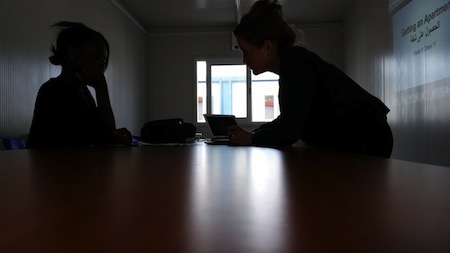
As the community gets on its feet more, the challenges they face are changing. At the beginning, the challenges were the quality of life at the temporary camp, the issues of space, food, resources and legal assistance in applying for asylum if they chose to. Now, with a number of them having applied for asylum here in Cyprus, and a number escaping and a few other cases, only about 30 to 40 are left here without status and without intending to apply. The government gave them a six-month permit when the camp closed in January, leaving them with three months left to apply here or have a Plan B. The ones I’ve spoken to are very unsure about their futures – they hesitate to apply here and be bound to Cyprus’ difficult legal system, and they are afraid this country is a dead end for them. On the other hand, they have “wasted” (in a way) the past six months since they arrived and have nothing to show for it. They constantly wonder if they should make this big decision or if the opportunity to leave is around the corner. The young ones struggle because they would like to be working and moving ahead in the world, but the unpredictability of staying here is just as much of a problem as the possibility of going elsewhere in Europe. By now, they have managed the resources to live, but they do not want to depend on others to survive.
As for those who applied for asylum (now called asylum-seekers), their needs are changing as well. Kofinou camp (where I’ve been teaching twice per week) provides the shelters and food. As I’ve said before, Kofinou is isolated. So they are facing social isolation and lack of structure to their day. They waste away the days worrying about their status and their futures, and most cannot legally work yet. One problem we are seeing there is a lot of teeth and gum problems. I did a session on dental health after finding out that some of them drink up to 40 cups of coffee per day! Smoking is also a huge stress-coping mechanism for them, so we will continue to provide information and support to help them quit if they choose to. Mentally, a lot of them are dealing with depression, insomnia and frustration. In one of my classes, I had a psychologist talk to them about coping mechanisms and sleep issues.
The classes ended last week and we are having a small graduation party for all the students. One of the residents who used to be a chef will cook for the group, and we can reflect on the past seven weeks of learning and discuss what is ahead. I plan on working in a more focused way with the residents who are able to work or volunteer. With so much free time on their hands, many of them are eager to get involved with an organization – especially after we learned about the advantages of being involved in charity work. They can use their time productively, they can contribute to positive action for the underserved populations, they can practice their language skills and develop professional habits and they can add to their CV even if they are not legally allowed to work. Finding a suitable volunteer position for interested residents based on their interest, background, transportation abilities and language capabilities is a challenge – but it’s a good challenge because it is the perfect practice for finding a job when they are given their decision.
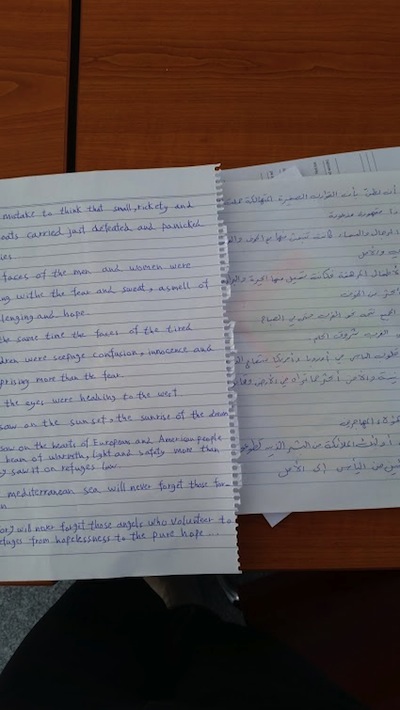
Besides class time, I also am the go-to for the residents on any type of issue – getting a transportation ticket to get to a doctor’s appointment, filling out forms, meeting with lawyers or social workers, health issues and pushing cases higher that need more attention. I seek out answers for each specific case, and return to them with information. I’m learning by trial and error, since the rules and procedures always seem to be changing. Sometimes, things work out very well for me and other times they don’t. My most important goal is bridging the gap of knowledge in that community, and when I see results I feel successful. When there are roadblocks that I can’t handle, or when I can’t give someone a good answer on an issue, it frustrates me. It really makes me reflect on how the whole government system falls short in most areas. In a country following an economic crisis, and with a people here having a level of racism, helping refugees here is always going to be a challenge. Even government officials sometimes cannot provide correct information. Not “knowing” anyone and trying to do things the way I’m used to (follow the rules, ask questions, provide proof) sometimes doesn’t actually produce results. It can be difficult sometimes to do very simple things, but I’m trying to work with this new culture instead of against it.
The kids from Kofinou are often bullied in school. A few times the police have intervened, but the kids are getting beaten and getting their things stolen and destroyed. It’s demoralizing to the whole community. Because of this, I arranged for the Child Protection Officer to come and speak during class time this week. Hopefully it makes them feel like their problems are actually being heard, and gives them some options for dealing with the administration and their kids. We were having a problem a few weeks ago where some kids weren’t able to fit on the bus to school, so a few of them missed school for about a month. We helped to resolve the issue, and continue to deal with issues like this as time goes on.
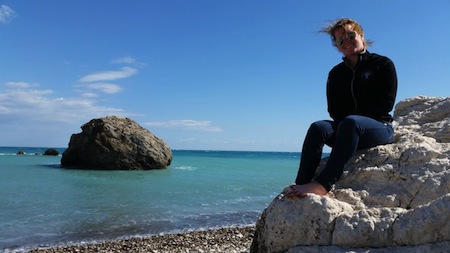
Because I’m still pending approval for my temporary residence permit here, I didn’t feel comfortable to leave the country over the long Easter weekend as I had planned. I went to see Paphos – a quiet town on the coast known for its ties to mythology and its undeveloped coastline. It was absolutely beautiful, and we visited Petra Tou Romiou, the mythical birthplace of the goddess Aphrodite. The sea was crystal clear and the we enjoyed the long bus ride through the mountainous villages. Public transportation in Paphos was great, but next time I may rent a car so we can see and do more. Since it was Easter weekend, the streets were full of people taking advantage of the long weekend and of the souvlaki cooking on every grill!
More later – Happy Easter form Cyprus! (καλό πάσχα!)
Maryann is providing support to the Strengthening Asylum project, a program funded by the United Nations High Commissioner for Refugees and part of the Future Worlds Center, thanks to the Christianson Fellowship.
by Maryann

